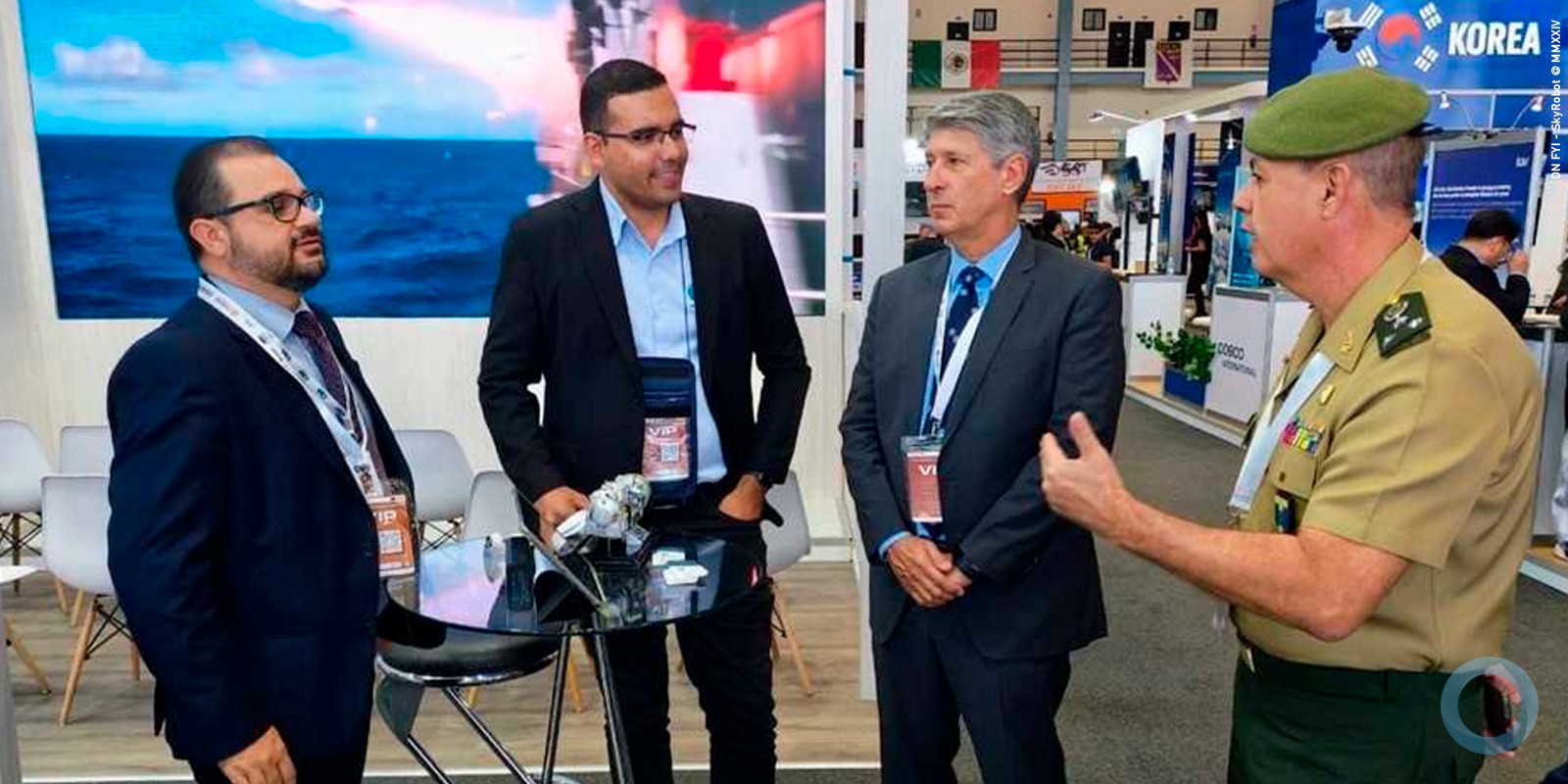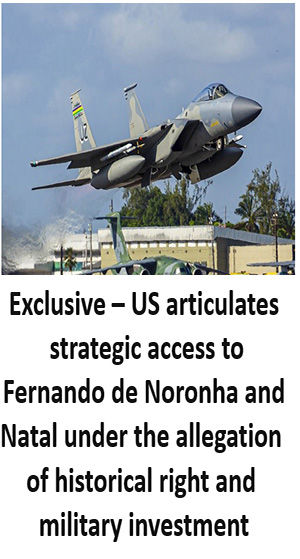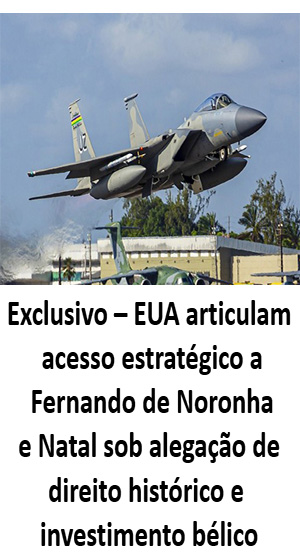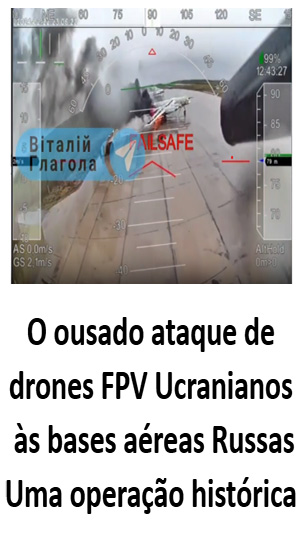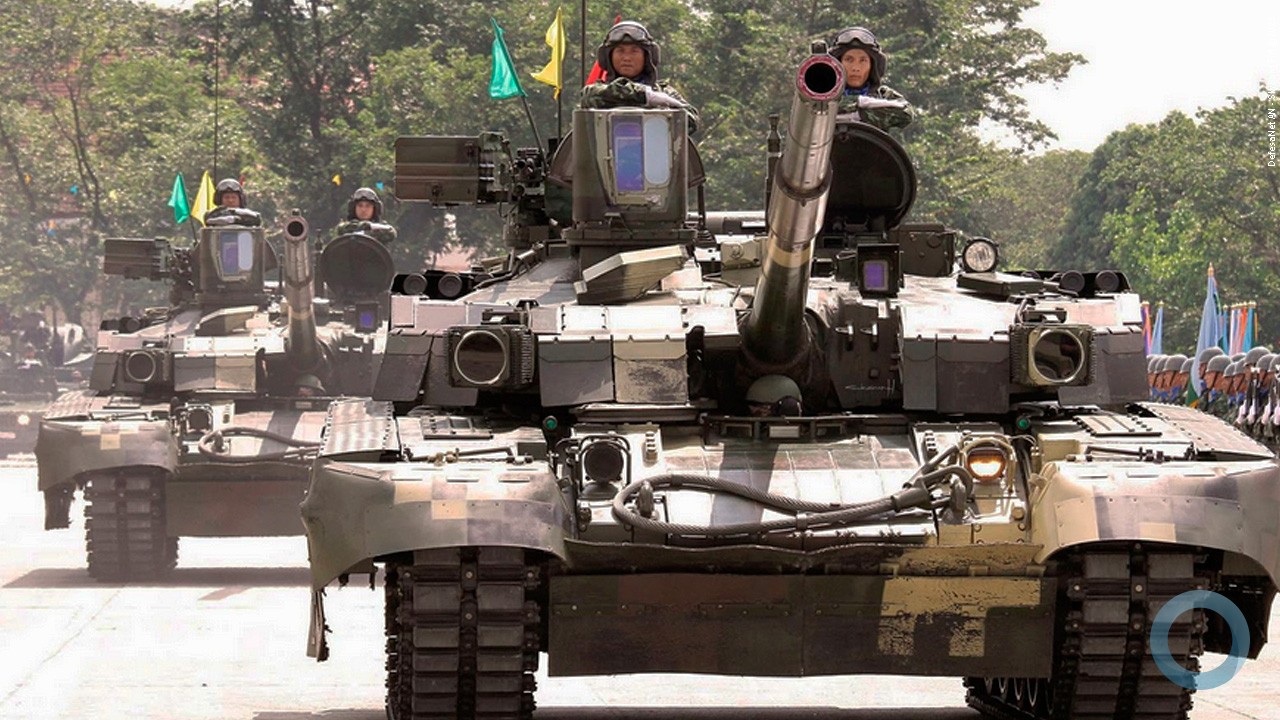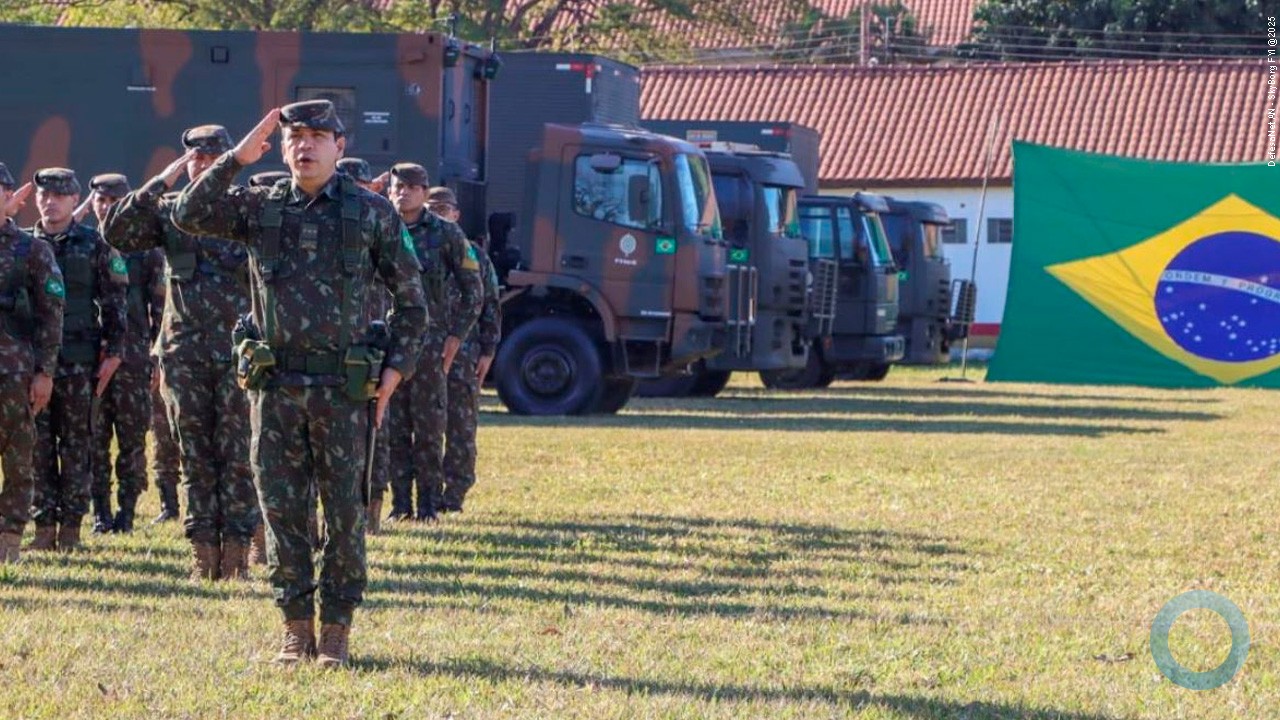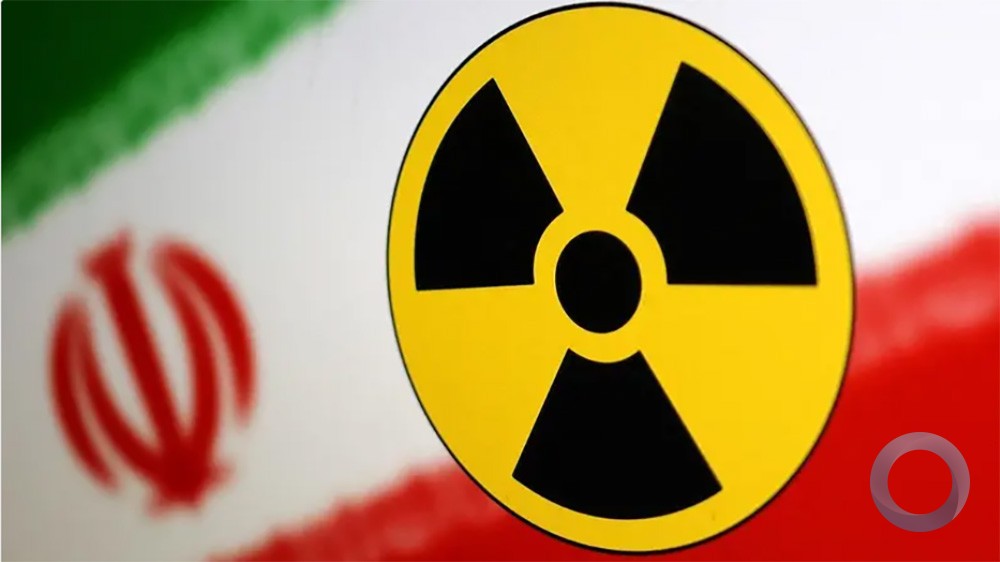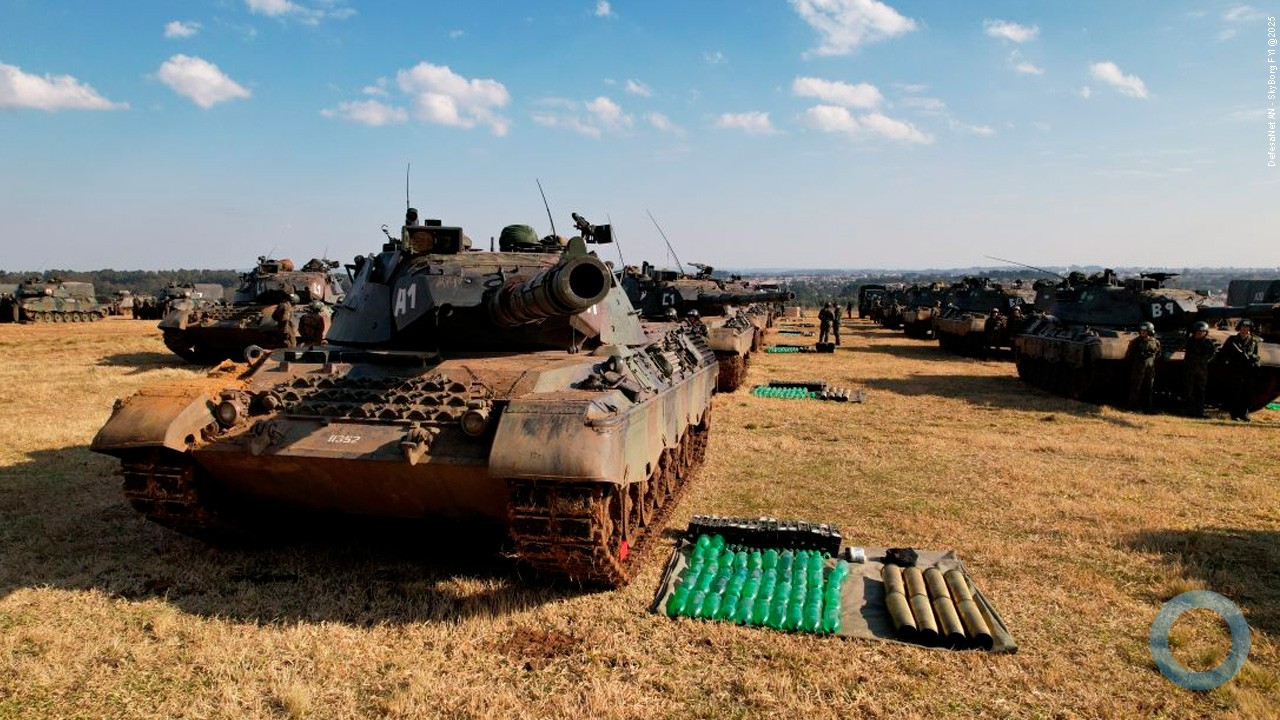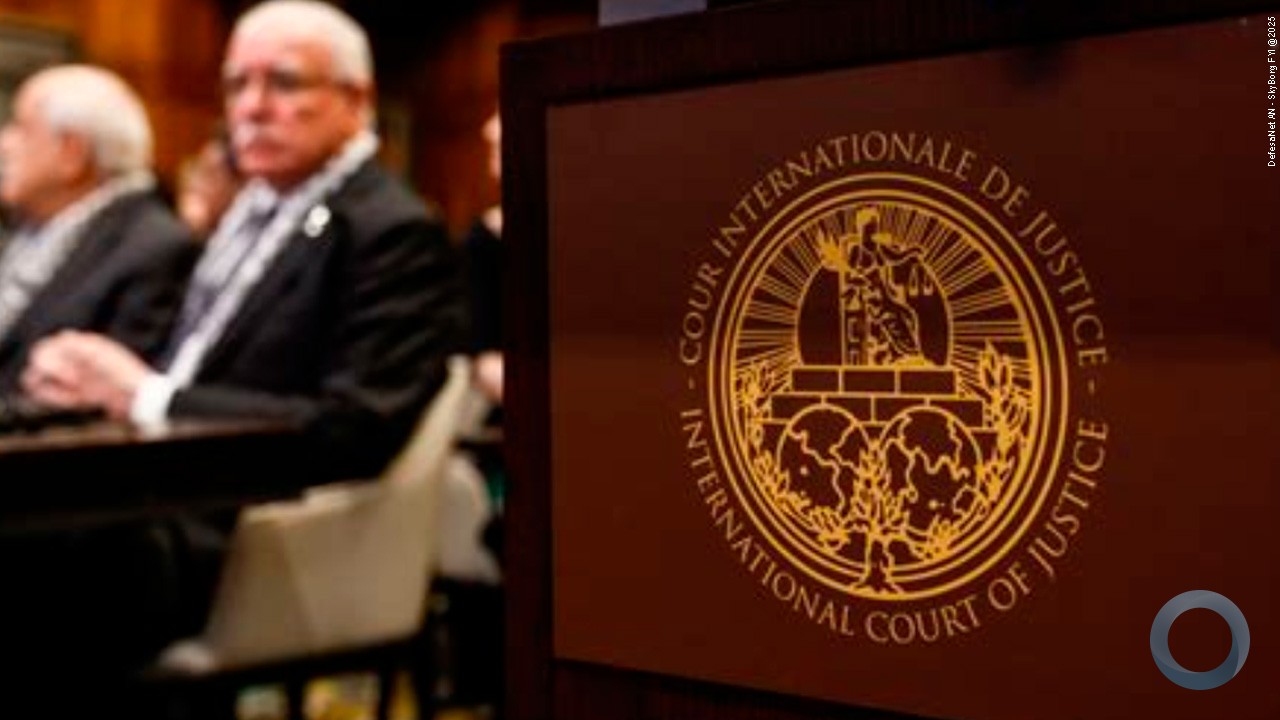Pedro Paulo Rezende
DefesaNet Special
Last Tuesday (2nd), the Brazilian minister of Defense, Jaques Wagner, reassured that the government will continue to provide the resources needed for strategic military reequipping programs. According to Wagner, the general secretary of Defense, Eva Chiavon, and the commanders of all three Armed Forces will meet next week to establish how the resources will be applied. Wagner made his statement in front of members of the Brazilian Parliament, military and business representatives during the launching ceremony of a joint parliamentary effort for national defense – the initiative involves 200 lawmakers and six senators.
“The Defense sector was one of the least affected by the tax adjustments. We know it’s a bitter medicine, but we must take it”, the Defense minister said at the time. “The budget cuts were below the average when compared to other government departments, and we won’t let any strategic project run out of resources. Things won’t move at the speed we would like them to, but will move forward”.
The minister added:
“I am not here under orders. I am here because I want to. President Dilma Rousseff asked me which ministry I’d like to take over, and I chose de Defense Ministry.
Wagner also emphasized the need to keep investing on our industrial base in order to keep our dissuasion capacities at proper and credible levels:
“The fact that Brazil has no immediate enemy in sight doesn’t mean we can afford acting carefree. The loss at the Falkland Island (Malvinas for the Argentineans) left scars on the morale of the Argentinean people”, Wagner reminded. “Things could have turned out differently if they had a nuclear submarine, like the ones we will have in the future. We must always remember that national defense is not an issue for a particular government, but a State policy, and it must be continuous”.
The minister also highlighted the importance of the joint parliamentary effort in a time when the three main documents of national security are being reviewed: the National Defense Strategy (END in Portuguese), the National Defense Policy (PND) and the National Defense White Book. He claimed that all political entities join forces to strengthen Brazil’s defense industry and its military.
“Here, in this case, the embrace has another meaning. It is green and yellow (referring to the colors of the Brazilian flag). We have a mission, which is the defense of this nation. This has nothing to do with the colors of any political parties” – He emphasized.
Wagner also noted that many defense products can also be used in civilian areas.
“We know the impact NASA had on the scientific and technological development f the United States. Standards and procedures [of the military industry] migrate to the civilian world, and it means added value to our ordinary industry complex.
Another point made by the minister was that investing on the military is a matter of national sovereignty.
“Our current investments on defense represent 1,5% of Brazil’s GDP. This number is below the world average, below how much our neighbors and our BRICS partners invest. But I can assure you that, right now, our defense sector is in much better shape when compared to other departments”.
Wagner also said that, during meetings with President Rousseff, he repeatedly reinforced that the government must keep investing on the Ministry.
He also took the opportunity to proposed a challenge to the congressmen present at the opening session – managing to approve the Confidentiality agreement on any data production resulted from cooperation between the United States and Brazil. The Deal was established between both nations, and minister Wagner urged representatives to approve it before president Rousseff’s official visit to Washington.
“Without [this agreement] there is no way to establish technology exchange with the United States. They are very strict when it comes to confidentiality”.
Any secrecy agreements must be adapted according to the terms of the Brazilian Information Access Law, which slows down the process. Another setback was the espionage scandal involving the Brazilian president’s private e-mail account. Wagner says the episode is “behind us” and urged representatives from business and other private sectors to joint the parliamentary effort. He suggested that Brazilian industries pointed out American companies of interest in order to settle potential bilateral meetings.
Parliamentary joint effort
Established in March 12th 2015, the National Defense Parliamentary joint effort is headed by representative Carlos Zarattini (PT-SP), and has senator Aloysio Nunes (PSDB-SP) as its 1st vice-president. The comeettee has 200 members among representatives and senators. During the opening speech, Zarattini explained that assembling this group happens at a special moment “where we begin to discuss and review the documents that are the foundation of the [defense] sector”. This year the government also performed tax adjustments, which lead to a debate concerning “the progress of strategic defense projects”.
Among the aouthorities that attended the opening ceremony, there were the commander of the Brazilian Navy, Fleet Admiral Eduardo Leal Ferreira; The Air Force commander,Lieutenant-Brigadier Nivaldo Luiz Rossato; The Armed Forces’ Chief of Staff, Army General José Carlos De Nardi. The commander of the Brazilian Army, general Eduardo Dias Villas-Bôas, sent Army GeneralJoaquim Maia Brandão Junior, head of the Army’s Engineering and Construction Department, as his representative. The minister of Science and Technology, Aldo Rebelo, sent executive secretary Emília Ribeiro in his stead.
The president of the ABINDE – an association of Brazilian defense and security industries – Sami Hassuani, revealed some data from a study, still unpublished, conducted by the Economic Research Institute Foundation (FIPE, in Portuguese) about the defense market in Brazil. According to the paper, industries in this field generate around 3, 7% of the nation’s GDP. But, with proper investment, the sector could provide direct and indirect profits of up to 9,7% of the country’s wealth
The study takes into account and predicts the impact caused by resources applied to the defense field – 10 million Reais at a time – as part of the Defense Articulation and Equipment Plan developed by the government, which establishes an amount of 300 billion Reais (around U$100 billion) to be invested along the next 20 years. The paper will be published next month, during a ceremony hosted by ABINDE in Brasilia.
Still according to FIPE’s research, every 10 million Reais invested in the Brazilian defense market, 174,5 people would benefit directly, and Brazil’s GDP would increase 18,6 million Reais. Indirectly, 352,6 people would benefit from every 10 million invested, and the GDP would increase around 33,4 million Reais.






